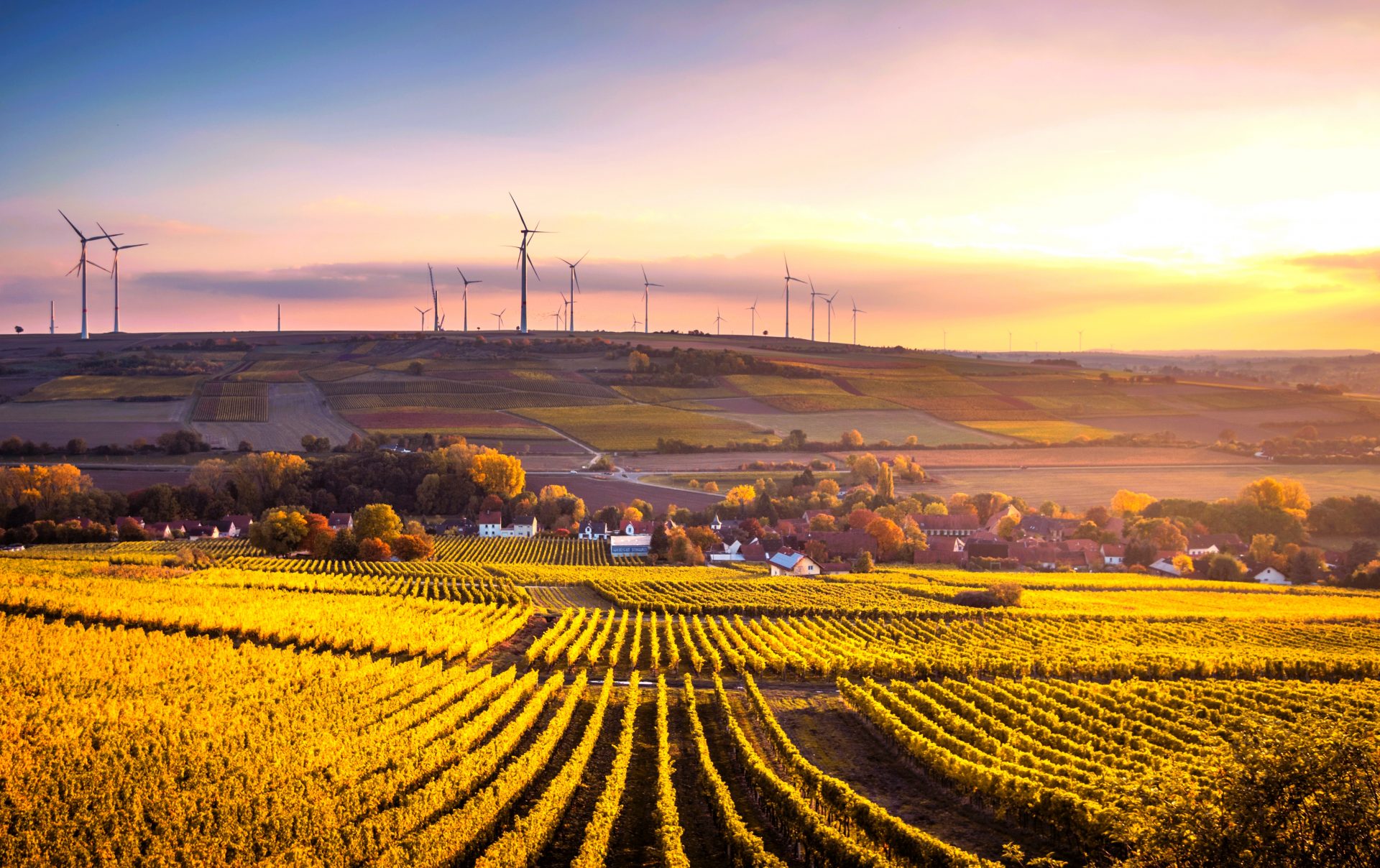The farming sector will almost certainly be deeply affected by the European Commission’s plans for the next few years. Tradition and customs still have a significant impact on agriculture. Therefore, a widely shared vision is essential concerning the objectives and the path to achieving them. Re-Imagine Europa organized a series of events to encourage dialogue between experts, policymakers, and farmers, hoping to make a concrete contribution to this process.
The transition towards a sustainable global food system will have a crucial impact on the European economy. Although it currently represents only 3,7% of the EU’s Gross Domestic Product, agriculture is still a substantial part of several member states’ budget, and roughly 10 million people work in the farming sector in the European Union. Any proposal of a model for the future of European agriculture must carefully consider the socioeconomic consequences of changes. The prosperity of agriculture in Europe is displayed in the great diversity of styles and methods, often derived from deeply rooted traditions at the local level, which must be preserved.
Of course, Europe is not all about farming, and meeting the goals of the Farm to Fork Strategy (F2F) and the Green Deal will require fundamental changes in many different sectors of the EU’s economy. Nonetheless, farming and rural communities are supposed to be among the beneficiaries of these changes, not just those burdened by their costs. The countryside must thus be at the heart of our ideas about a more responsible society.
Adding a layer of complexity, several objectives of the European Green Deal are in clear conflict with those outlined in the Farm to Fork Strategy. A few major examples can epitomize these apparent contradictions: how can we increase our food production without increasing land use? Should we commit to increasing organic farming, even at the expense of affordability? Is there a way to decrease the use of scarce resources like water and energy without increasing costs?
Leaving aside any political discussion about priorities, it’s evident that those contradictions cannot be solved without adding new elements to the equation. At Re-Imagine Europa, we strongly think that innovation is the only possible gamechanger. If properly developed, innovative technologies like Artificial Intelligence, Robotics and Genome Editing could allow European farmers to bridge the gap between different purposes and needs. Well-balanced investments in developing these techniques could open up a wide range of possible tools to simultaneously achieve the whole range of sustainability, productivity, and environmental protection objectives set by the European Commission.
Starting from this vision, Re-Imagine Europa’s Task Force on “Sustainable Agriculture and Innovation” has been working since 2019 to develop new paradigms for the future of European Agriculture. We started by convening experts and policymakers in a comprehensive Expert Committee, and we are now progressing towards a new phase by inviting European practitioners to join the process. The next meeting of the Task Force, scheduled for the 2nd of March, will be the first of a cycle. This new series of conferences aims to compare the Task Force’s work with the experience developed on the fields by real farmers, who can contribute with their practical knowledge of the debated issues and cooperate in designing the proposed solutions.
If you are interested in the topic, you might be interested in following our social media channels (Twitter – LinkedIn) and our Planet area’s specific homepage for the latest news and updates.
Stay tuned!




